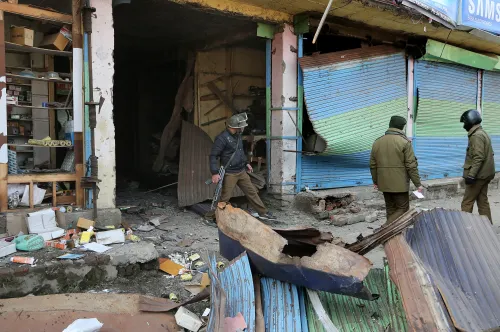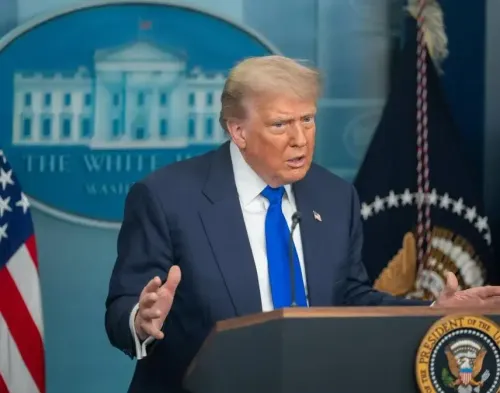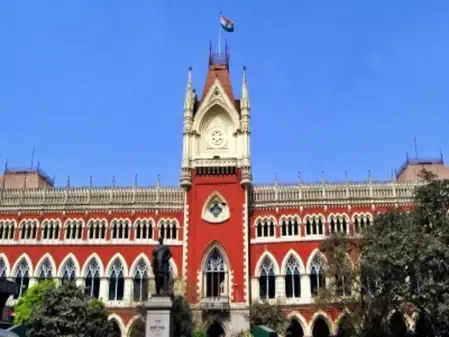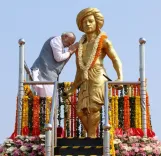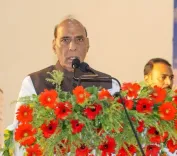What Symbolism Did Jaishankar's UNGA Appearance Convey?

Synopsis
Key Takeaways
- Jaishankar emphasized Bharat’s self-reliance.
- Subtle criticisms were directed at Pakistan and China.
- A diplomatic tone was maintained regarding the US.
- Symbolism played a crucial role in his address.
- India asserts its position on global issues confidently.
United Nations, Sep 28 (NationPress) External Affairs Minister S Jaishankar's presence at the General Assembly was filled with nuanced political implications. He opened his address on Saturday with “Namaskar from the people of Bharat”, referring to the nation as Bharat seven times throughout his speech, while also using the name India on occasion.
When mentioning Prime Minister Narendra Modi, he emphasized Bharat: “Bharat, under the leadership of Prime Minister Narendra Modi” fulfilling its responsibilities, and “The last decade in Bharat has also witnessed transformative changes due to the vision of Prime Minister Modi”.
A striking saffron kerchief adorned the pocket of Jaishankar's gray bandhgalla, complemented by a black lining around the neck.
He articulated that Bharat is driven by three fundamental principles in its global outlook: Atmanirbharta (self-reliance), Atmaraksha (self-security), and Atmavishwas (self-confidence).
Notably absent from his remarks were the names of three nations.
He cleverly avoided mentioning Pakistan while addressing “a neighbour that is an epicentre of global terrorism”, which Pakistan unwittingly acknowledged.
In an attempt to lash out at India during a right of reply, Pakistan effectively confirmed Jaishankar's description of it as the epicentre of terrorism. This left India with the upper hand.
“It is significant that a neighbor who was not named chose to respond, thus admitting their long-standing practice of cross-border terrorism,” remarked Second Secretary Rentala Srinivas.
“No fabrications can ever erase the crimes of Terroristan,” he added.
Pakistan further entangled itself with its admission of being “Terroristan”.
Pakistan Mission’s Second Secretary Muhammad Rashid took the floor again to contest what he claimed was India's distortion of a country's name, prompting India to stage a walk-out.
Jaishankar also refrained from naming the US or President Donald Trump while discussing tariffs and restrictions on H-1B professional visas.
“We are currently witnessing tariff volatility and unpredictable market access,” he stated. He addressed the H-1B situation by saying, “Restricting the evolution of a global workplace is a concern”.
Additionally, he highlighted “double standards” regarding the punitive tariffs imposed on India for purchasing Russian oil, while others were exempt.
By not naming Trump or the US, he maintained a diplomatic tone, crucial as trade negotiations are at a sensitive juncture.
Furthermore, he subtly criticized China for weaponizing critical minerals without directly naming Beijing.
“The control over supply chains and critical minerals is another issue. The shaping of connectivity is equally sensitive,” Jaishankar stated.

